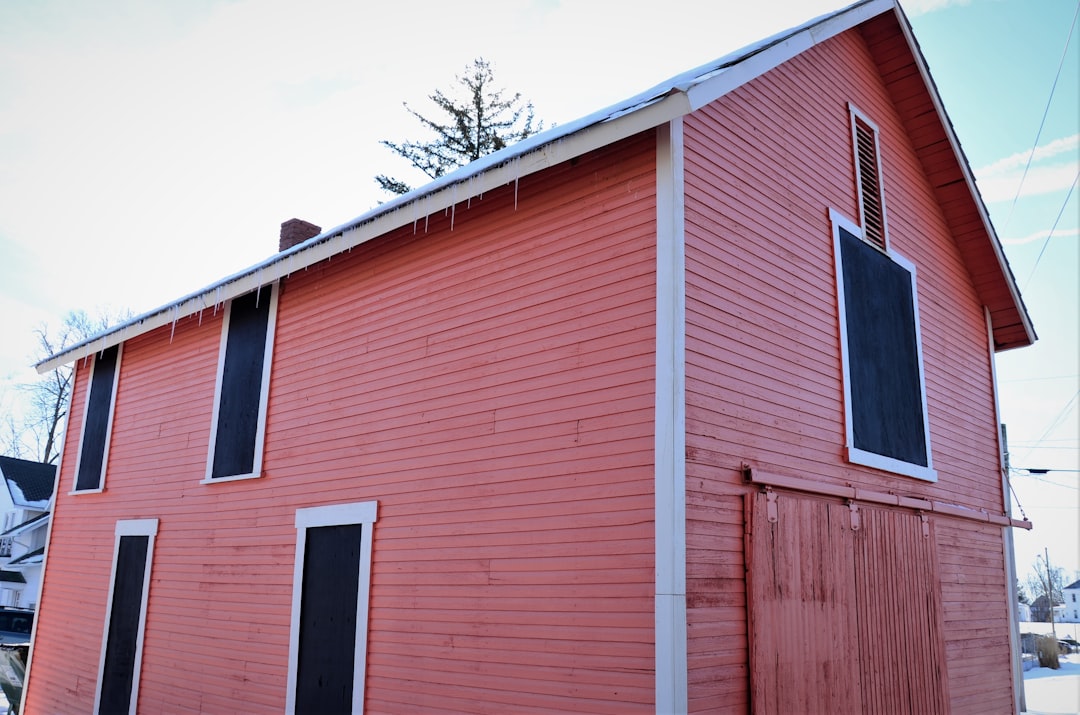Rain Barrel Installation for Portland Construction Pros
Construction Cost Overview – Portland
Price source: Costs shown are derived from our proprietary U.S. construction cost database (updated continuously from contractor/bid/pricing inputs and normalization rules).
Eva Steinmetzer-Shaw
Head of Marketing
Rain Barrel Installation Costs and Benefits for Portland Construction Professionals
In Portland, the cost of installing a rain barrel system ranges from $200–$600 per barrel, depending on materials and complexity. With over 36 inches of annual rainfall, capturing this resource can significantly reduce water bills and provide sustainable solutions for clients. A professionally installed rain barrel can store up to 60 gallons, offering a reliable water source for gardens and outdoor cleaning.
Understanding the 'Rain Barrel Portland' Search Intent
Construction professionals searching for 'rain barrel Portland' are typically interested in:
- Installation costs and potential savings
- Local permitting and compliance requirements
- Reliable contractors for seamless integration with existing systems
- Sustainable upgrades that enhance property value
Our platform provides real-time materials pricing, downloadable permit packets, and specialized crews familiar with Portland's unique architectural styles.
Streamlining Rain Barrel Installation with AI Technology
AI-Driven Estimates
Our mobile app uses AI to guide you through property assessments, identifying optimal gutter drop points and calculating necessary materials. This ensures accurate, on-the-spot estimates.
Blueprint and Site Takeoffs
Upload project plans to automatically highlight drainage lines and ideal barrel locations, eliminating manual calculations.
Permitting and Compliance
Portland allows rainwater capture without a plumbing permit for systems under 5,000 gallons. We handle all necessary paperwork and inspections, ensuring compliance with local regulations.
Key Cost Factors for Rain Barrel Systems in Portland
- Barrel Material: Choose between cost-effective upcycled drums or durable polyethylene barrels.
- Stand Construction: Live lumber pricing helps select rot-resistant materials like cedar.
- Diverter Kits: Essential for preventing overflow in high water table areas.
- Roof Type: Filtration may be needed for rainwater from metal roofs.
Step-by-Step Installation Process
- Virtual Walkthrough: Capture measurements or schedule an in-person visit.
- Estimate Approval: Review and approve the scope and costs.
- Material Procurement: Secure materials at locked-in prices.
- Site Preparation: Prepare the site with gravel pads and lumber stands.
- Installation: Install barrels and diverters, ensuring proper overflow routing.
- Inspection and Handover: Receive a digital package with photos and maintenance tips.
Pro Tips for Maximizing Rain Barrel Efficiency
- Position barrels to minimize algae growth.
- Link barrels for increased capacity.
- Elevate barrels for better water pressure.
- Use mosquito-proof screens and maintain them regularly.
- Winterize systems before freezing temperatures.
Return on Investment: Savings and Environmental Impact
Clients can capture up to 1,300 gallons per barrel annually, translating to approximately $140 in savings. This investment pays off in 18-24 months while reducing stormwater runoff.
Why Choose Our Platform for Sustainable Upgrades
- Comprehensive Platform: Manage estimates, scheduling, and documentation in one place.
- Transparent Pricing: Access live supplier pricing to avoid unexpected costs.
- Local Expertise: Benefit from crews familiar with Portland's climate and building styles.
- Future-Ready Designs: Plan for future expansions with smart technology integration.
Get Started Today
Ready to harness Portland's rainwater? Visit CountBricks.com to start your project with a fixed-price proposal and installation date.
Case Study: Efficient Rainwater Capture in Northeast Portland
The Ramirez family aimed to reduce irrigation costs and manage basement moisture. Using our AI tools, we identified optimal downspout locations for a 3-barrel system, capturing 180 gallons in the first week.
Project Highlights
- Installation Time: 6 hours with no permit delays.
- Cost Savings: Real-time lumber price updates reduced costs by 4%.
- Performance: Captured enough water to sustain garden beds for two months.
Lessons for Construction Professionals
- Linking barrels balances weight and prevents overflow.
- Install shut-off valves for easy winterization.
- Use cedar shims for leveling on uneven terrain.
Future-Proofing with Smart Technology
The system is designed for future upgrades, including solar-powered pumps and drip-line manifolds, ensuring long-term sustainability and cost efficiency.
Start Your Sustainable Project
Every roof in Portland can contribute to sustainability. Whether installing a single barrel or a complex system, our platform offers precise planning and execution. Visit CountBricks.com to learn more.

